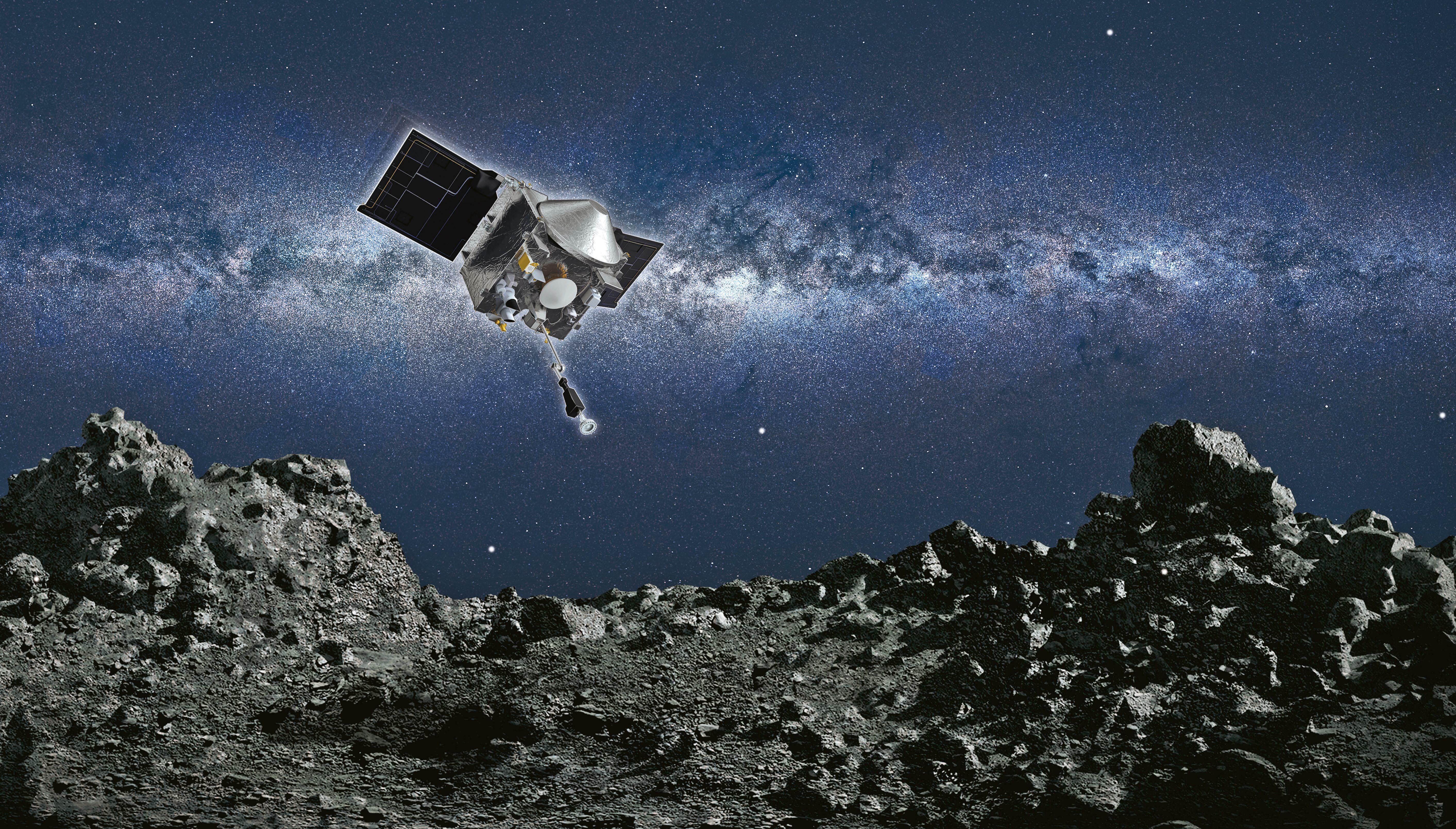
From a historic Moon landing to samples from a distant space rock being returned to Earth, the past few months have seen a series of remarkable milestones in space exploration.
On 23 August, India became the first country to land a spacecraft near the Moon’s south pole. The Chandrayaan-3 mission consisted of a lunar lander, named Vikram, and a rover called Pragyan. Shortly after Vikram landed on the Moon – making India only the fourth nation to achieve such a feat – Pragyan rolled out on to the surface to start its task. The rover will study the south pole, searching for signs of water that could one day support a human base on the Moon. Just over a week later, on 2 September, India launched its first mission to the Sun. Aditya-L1 will orbit the Sun, carrying out studies.
Denne historien er fra Issue 66-utgaven av The Week Junior Science+Nature UK.
Start din 7-dagers gratis prøveperiode på Magzter GOLD for å få tilgang til tusenvis av utvalgte premiumhistorier og 9000+ magasiner og aviser.
Allerede abonnent ? Logg på
Denne historien er fra Issue 66-utgaven av The Week Junior Science+Nature UK.
Start din 7-dagers gratis prøveperiode på Magzter GOLD for å få tilgang til tusenvis av utvalgte premiumhistorier og 9000+ magasiner og aviser.
Allerede abonnent? Logg på

Are cats smarter than dogs?
They're the UK's top pets, but which is more intelligent? You decide!

Could people turn Mars into another Earth?
Sven Bilén explores how humans might make a home on another world.

FUNNY BY NATURE
Claire Karwowski tracks down the wackiest wildlife that's cracking up the animal kingdom.

WEIRD SCIENCE
A round-up of the strangest science stories from around the world.

Guardians of the forest
Meet the incredible people protecting the Amazon rainforest.

The Mariana Trench
Dive in to find out how far down the ocean goes and what it's really like at the bottom.

Megan McCubbin
Meet the zoologist trying to change people's views of animals with a bad rep.

MAX POWER
From the second you wake up in the morning, your way of life is made possible thanks to the amazing power of electricity.

Your heart has a "brain"
New research by scientists at Sweden, and Columbia University, in the US, suggests that your heart could have its own \"mini brain\".

Ethiopian wolves could be furry pollinators
Sweet-toothed Ethiopian wolves have been seen lapping up nectar have been seen happing up nectar from red hot poker flowers.